Since the pandemic, the University of Minnesota has struggled to return to normalcy. While masks and social distancing are no longer being enforced, student groups have yet to fully recover this fall, with fewer groups applying for University funding this fall than in past years.
During the 2019-20 school year, 62 student organizations applied for Student Services Fee (SSF) funding from the University. This year, only 34 organizations applied, 24 of which received funding.
Following this trend, the total amount of SSF operational funding requested by student groups and allocated by the SSF committee has been decreasing since the 2019-20 school year. During that year, the SSF committee allocated $415,295 for student groups operational costs, but this year the committee allocated $92,452.
According to Sara Carvell, associate director of the Office for Student Affairs, the University has seen student groups struggle to get back on their feet after the pandemic through both the number of groups requesting SSF funding and the quality of applications.
There are many new student group officers this year who are trying to learn about the request process, so the committee tries to ensure fair treatment by providing feedback to groups on their applications through the process, Carvell said.
Student Services Fees (SSF) is the University’s nine step program through which registered student organizations can request funding for the academic year.
Of the $92,452 allocated this year, about 55% went to sports organizations, nearly one-fourth went to religious groups, about 16% went to interest groups and about 5% went to cultural organizations. For comparison, sports groups made up about one-fourth of total requested SSF funding while religious organizations made up 17%, interest groups made up 47% and cultural organizations made up 9%.
Student Organizations on SSF
Staff at the Minnesota Daily reached out to all 34 student groups that applied for SSF funding and asked for their comments.
Some groups that replied, including Value@UMN and the Anthropology Club, said they felt satisfied with the funding they received and did not appeal for any of their funding.
Five of the nine groups that received 100% of their funding are sports clubs or a club involving physical activity. Of the 11 groups that received no funding, five are cultural student organizations.
Carvell said during deliberations, the Student Services Fees Committee (SSFC) will discuss which funding requests are considered “allowable” and “unallowable” expenses, in accordance with the SSF Handbook. Ultimately, it is important to look at the committee’s reasoning behind its decisions instead of just at the total amount of funding that was requested versus allocated, she said.
Common reasons why the committee might choose to not allocate SSF funding to a request is if the group did not fully justify the request, the funding requested is needed to support an event (which is a separate request process), if the group did not abide by deadlines and application instructions or if the request is not necessary to the day-to-day operations or mission of the organization.
One of the University's cultural centers requested more than $1,000 for equipment, including a speaker, laptop and printer. The committee allocated $0 with the rationale that “these requests are not crucial for the everyday operations and mission fulfillment of the group.”
This same group also requested about $700 for miscellaneous items including whiteboard markers, a first aid kit and coffee. The committee allocated $155 to the group to cover paper towels, sharpies, a first aid kit and whiteboard markers based on the reasoning that “the group fully justified its request,” “items requested are critical to the success” of the group and the item provides a service to the student body.
A request that was commonly approved by the committee was for rental spaces or memberships. The Sailing Club was approved for $8,000 to go toward its membership at the Wayzata Sailing Facility, and the running club requested and received more than $5,000 for its rental of the Fieldhouse.
Groups that are unsatisfied with the funding they were allocated can decide to appeal their funding.
The Disabled Student Cultural Center applied for operational funding for the 2022-23 school year and was allocated about 30% of the funding they requested. They decided to submit an appeals request.
"The Disabled Student Cultural Center stands with all students and student groups who have been negatively impacted by the SSF process,” the DSCC said in an email to the Minnesota Daily. “We expect the University to do right by students by distributing our Student Services Fees in a fair and equitable manner."
The SSF handbook says applicants must apply for a minimum of $1,000 for each yearly operations request.
According to the handbook, student groups seeking less than $1,000 per annual request should seek other sources of funding such as grants or fundraisers. Of the 10 student groups that applied for funding but did not receive any, eight applied for less than $1,000.
“We did not apply for much funding for 2022-23 operations,” the Anthropology Club said. “The club doesn't require much to operate (we applied for around $34 total), and didn't receive any operations funds this year.”
The SSF Committee
According to the Student Groups SSF Handbook, the Board of Regents requires that each campus establish a representative process to recommend SSF allocations to each group applying.
The Student Groups SSF Committee, made up of around 20 members, the majority of whom are students with a few faculty advisors, determines funding recommendations for student groups, which are then forwarded to Vice President for Student Affairs and Dean of Students Calvin Phillips to be approved or amended.
Carvell said the SSFC does intensive training to prepare for deliberations, which includes implicit bias training so that it does not affect the way the student organizations’ funds are handled.
Applying and appealing
Required steps for applying for SSF include registering and completing a Canvas course, submitting application materials and receiving a recommendation from the Student Services Fees Committee (SSFC). The SSF also strongly recommends attending a budget workshop, signing up for an advising appointment and attending SSFC deliberations to clarify information and discuss any misunderstandings.
If a student organization feels the SSFC exhibited bias toward them, did not make a decision from a neutral viewpoint or violated its own rules, the organization can appeal a funding recommendation.
The deadline for appealing is only five business days after the publishing of recommendations. The deadline to submit an appeals request this year was Oct. 11.
Some students said they think the appeals process is unclear and does not have enough regulations in place to ensure potential bias in SSF funding recommendations is addressed.
To have a successful appeal, student groups must prove that the SSFC displayed bias in deliberations or failed to follow the committee’s own rules or act in a viewpoint neutral manner.
Carvell said student groups are encouraged to attend deliberations where the SSFC submits their funding recommendations to watch the decision making process. If students hear committee members making biased comments, violating viewpoint neutrality or the SSF handbook rules in the deliberations, they can use that as evidence to file an appeal, according to Carvell.
As for how many groups usually appeal, Carvell said “it depends on the year.”



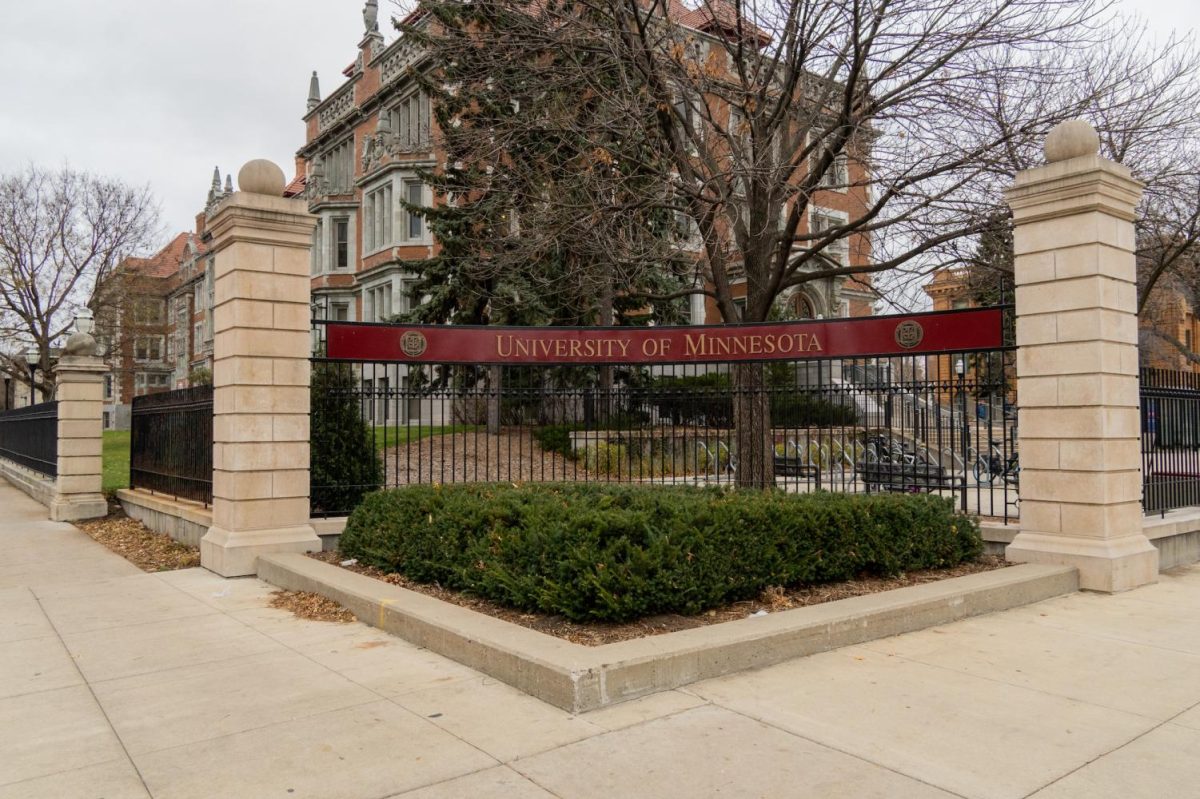
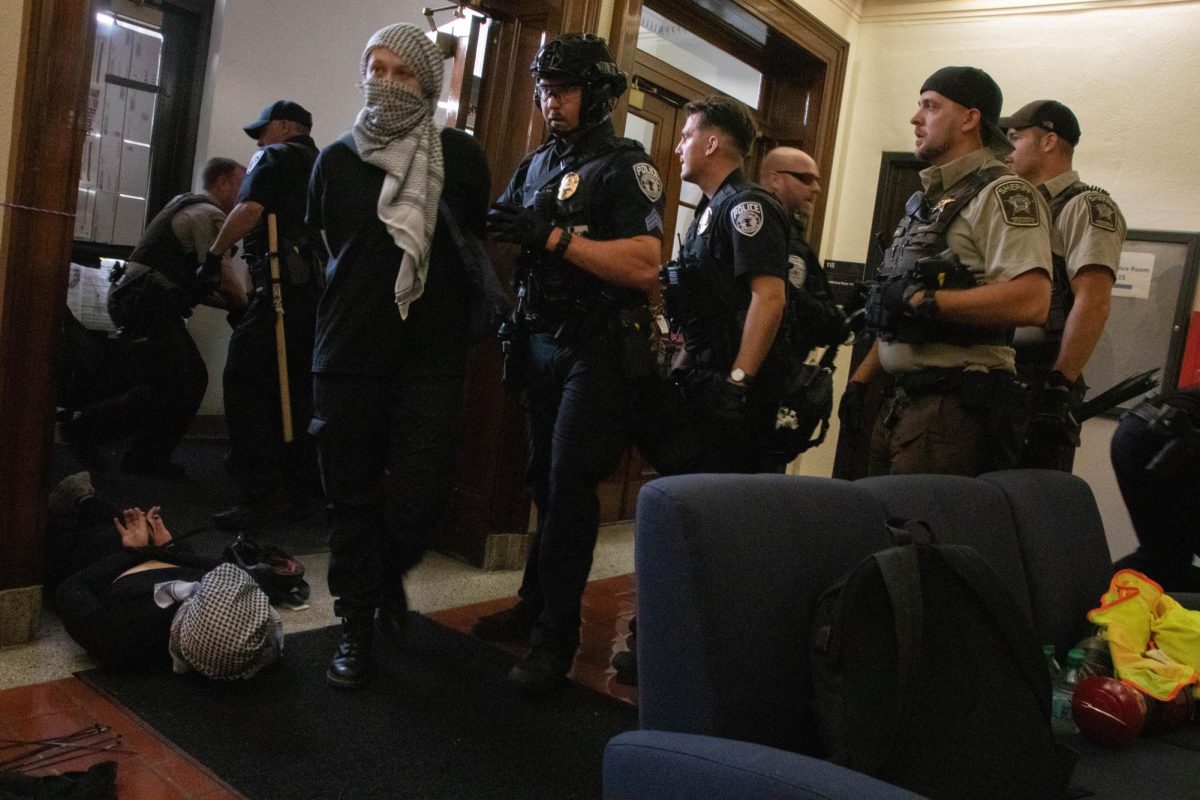


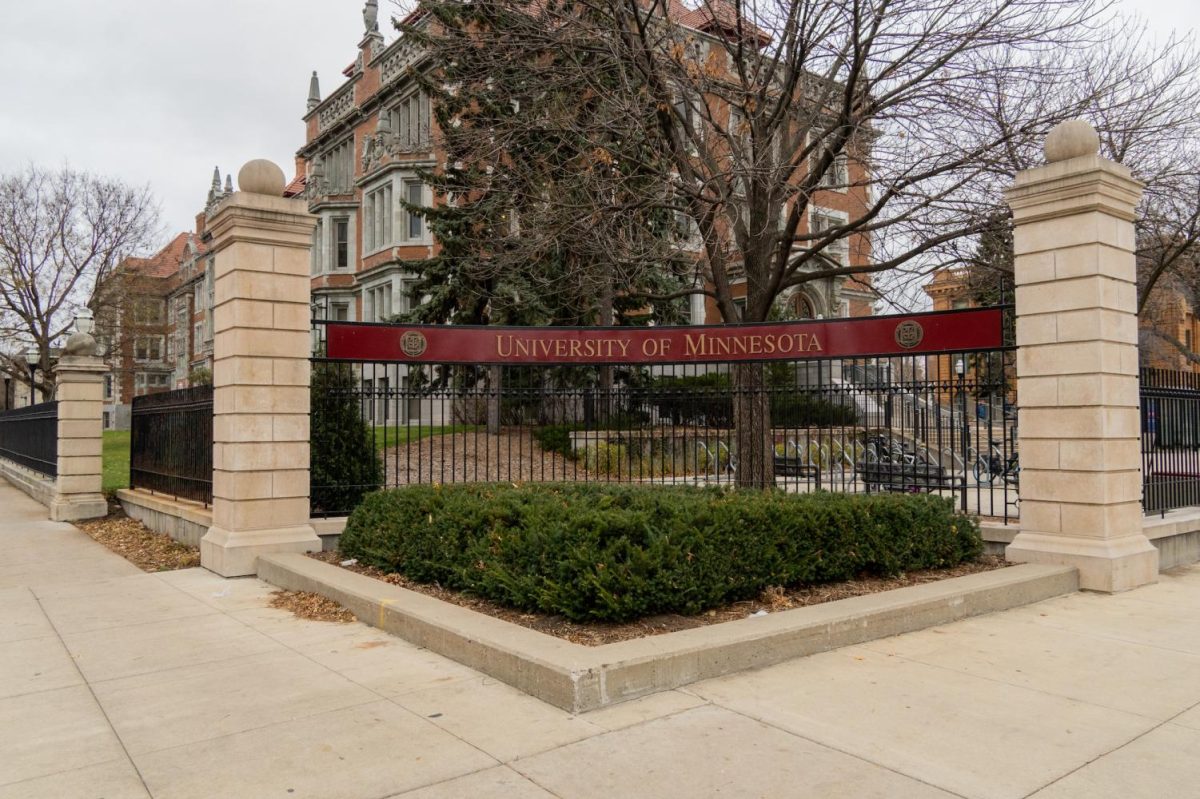
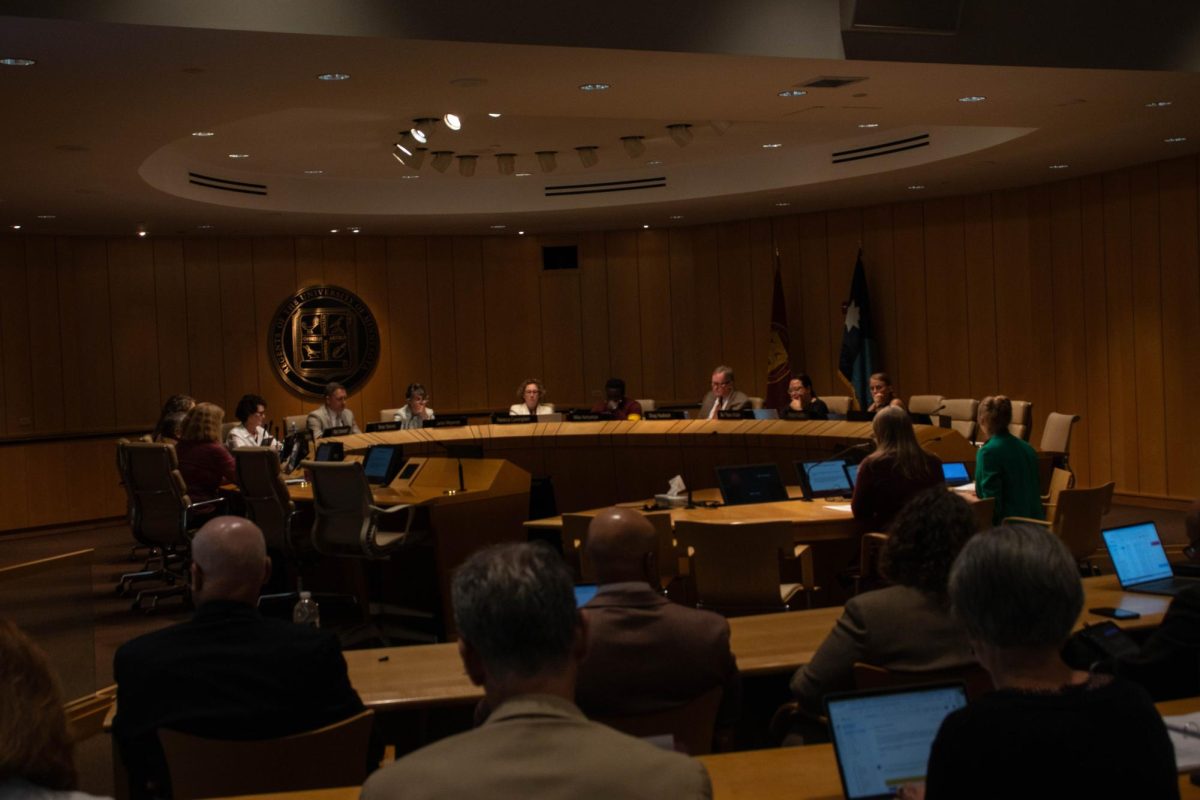

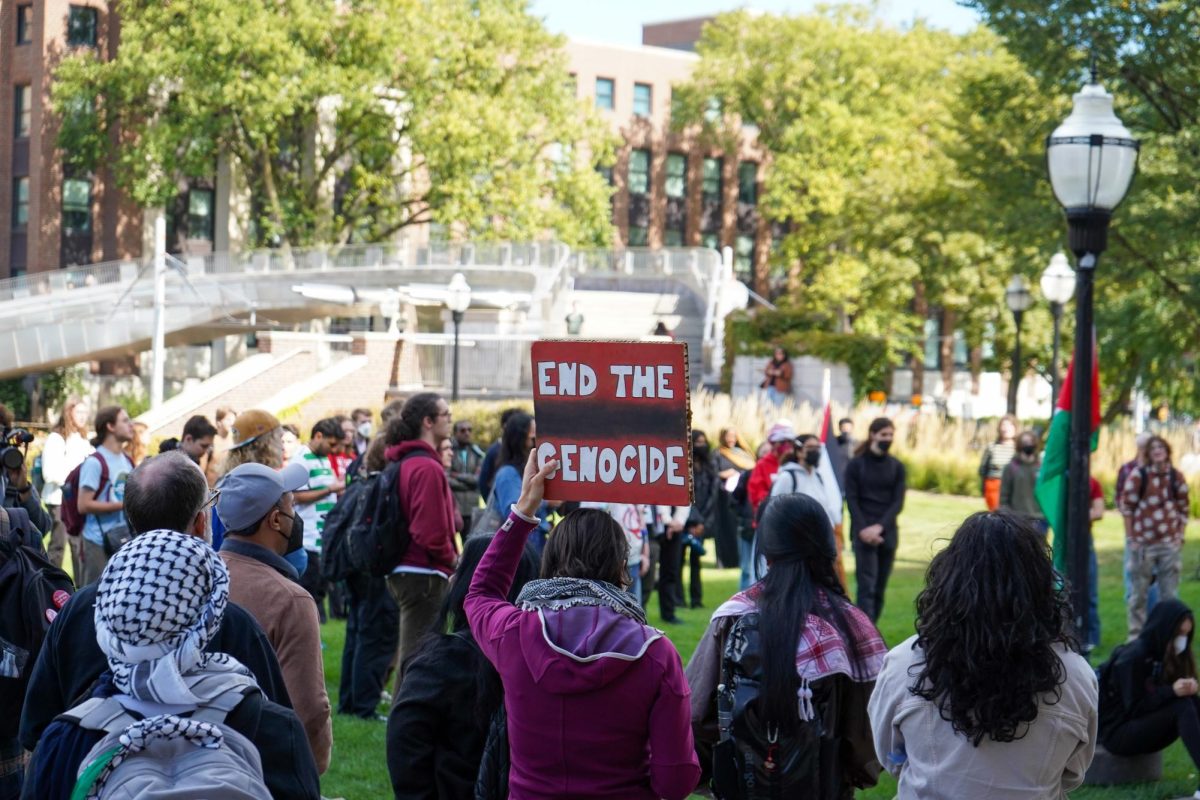
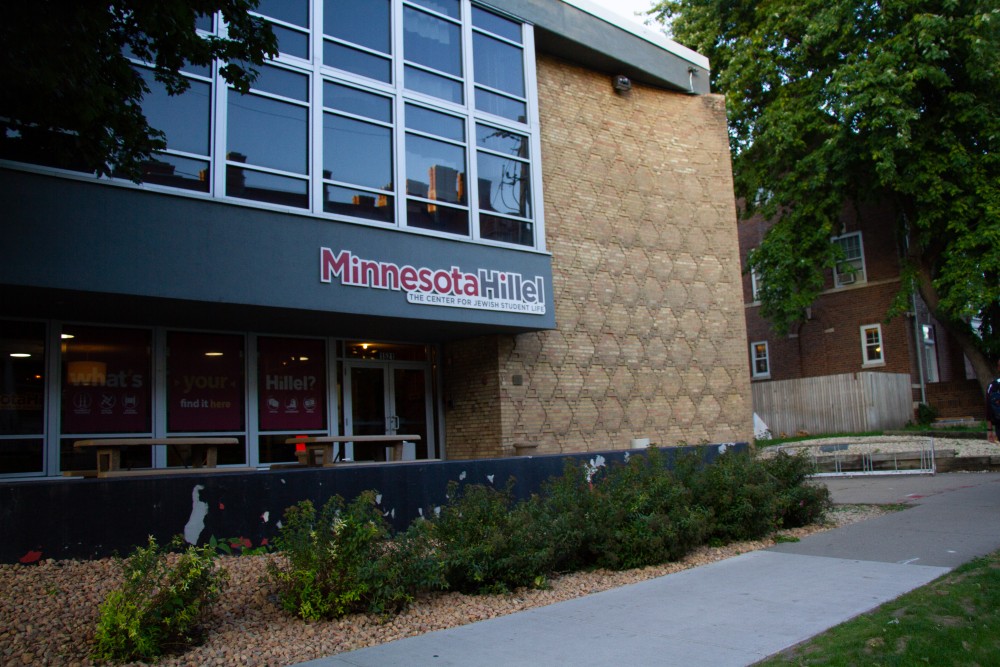


mer_curry
Dec 10, 2022 at 4:13 pm
Finally updatted again! *crying, blowing nose
Alice Lesch
Dec 1, 2022 at 10:49 am
I’ve had experience trying to get funding through SSF. I think the biggest barrier is that they require a full year of bank statements before allowing you to apply for funding. Especially with COVID killing clubs and making them start fresh, I think a lot of groups get turned away like I did. It especially sucks since SSF is the only U of M group that will fund operational expenses.